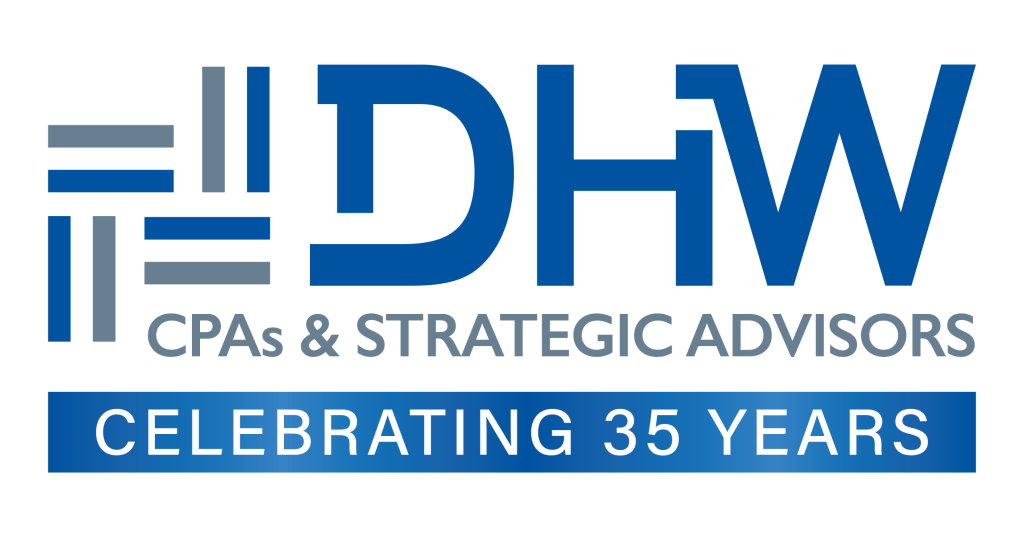Do you offer benefit plans to your employees like 401(k)? Then you may be required to have the plan audited by an independent public accountant under the Employee Retirement Income Security Act of 1974 (ERISA). ERISA requires that an annual report be filed with the Department of Labor by those who offer defined contribution plans, defined benefit plans, and some welfare benefit plans. This annual report involves filing Form 5500, including appropriate schedules, financial statements, and an audit when applicable.
But how do you know if your employee benefit plan needs an audit? Below, we’ll discuss when ERISA requires a benefit plan audit and explore some of the nuances of employee benefit plan audits that you need to be aware of before filing.
When do you need an employee benefit plan audit?
In general, any defined contribution or defined benefit plans with 100 or more participants on the first day of the plan year are required by ERISA to be audited. Once you have submitted an employee benefit plan audit, you will need to continue to submit an audit each year thereafter.
There are two exceptions to this requirement – the 80-120 rule and short plan year rule – that impact whether or not you will need to have an audit conducted. Before we dive into these exceptions, let’s talk about how you determine the number of participants in your employee benefit plan.
How do you determine the number of participants in your employee benefit plan?
The number of participants will determine whether you have a large plan, which requires an audit, or a small plan, which does not require an audit. It is important to make sure that you include all participants in your count. While it may seem easy to determine the number of participants in your employee benefit plan, inexperienced plan administrators or auditors will often make some mistakes that lead to penalties.
The participant count needs to include the following:
- All actively participating employees – both those who are deferring and those who are receiving contributions.
- All eligible employees, as defined by the requirements of the plan document, who have yet to enroll or have elected not to enter the plan.
- Retired, separated, or deceased employees with assets in the plan.
Once you have determined an accurate participant count, you can then evaluate if your plan needs an audit. While some plans may not have to get an audit due to one of the exceptions below, all plans with more than 120 eligible participants at the beginning of the plan year will automatically be required to submit an audit. And if the plan has over 100 participants at the inception year, it will also be required to file an audit.
The 80-120 Rule
The 80-120 rule can permit plans with less than 100 participants to be treated as a small plan, which does not require an audit. According to Department of Labor regulations, if you have 80 to 120 participants on the first day of the plan year, you can file Form 5500 in the same category (small or large plan) as your previous year.
For example, let’s say that your organization’s plan had 90 participants last year and filed Form 5500 as a small plan last year. This year, your participant count grew to 105. Since the new number of eligible participants falls within the 80-120 range, you are still eligible to file Form 5500 as a small plan this year, which does not require an audit. However, if your participant count were to grow above 120, you would have to file Form 5500 as a large plan, which requires an audit.
The Short Plan Year Rule
If you have recently implemented or terminated an employee benefit plan then you may be able to delay your audit under the short plan year rule. Employee benefit plans that have existed for seven months or less can generally delay ERISA’s audit requirement until the next year. That means if your plan was just created, the plan year has changed, or your organization went through a merger, you may be affected by this rule. It’s important to note that this does not eliminate the audit requirement, it just delays it.
Who can perform an employee benefit plan audit?
The only professionals who are qualified to perform employee benefit plan audit under ERISA are independent, certified public accountants. The auditor needs to be independent, which means that they do not have any financial or other conflicts of interest with the plan or the plan sponsor that might impact their ability to provide an objective and unbiased opinion regarding the plan’s financial condition.
When it comes to choosing an employee benefit plan auditor, you want to work with a firm that has training and experience auditing employee benefit plans, given the regulatory-heavy standards of these audits. Some firms may only see a few of these types of audits each year, while others specialize in employee benefit audits and continue to seek training and education that makes them more effective at these types of audits.
When selecting an auditor, you should ask for references and discuss the type of experience that the auditor has with employee benefit plans that are similar to yours. Every three years firms that conduct employee benefit plan audits must undergo peer reviews. You should also consider asking firms to see their peer reviews for transparency and confidence they are the right auditors for your company.
For more information and to see how DHW can assist with your employee benefit plan audit, please contact Melissa Shronce at Melissa@dhw.cpa or 828.322.2070.

